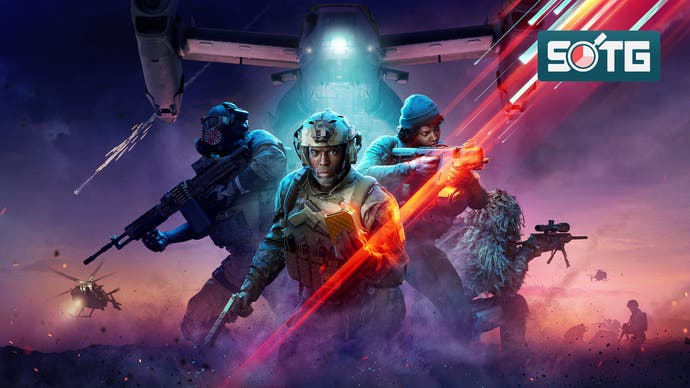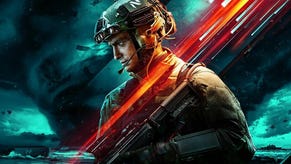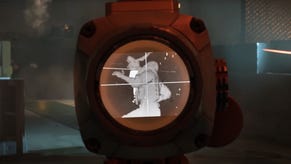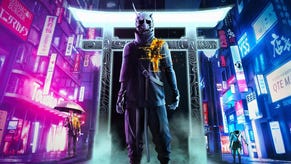State of the Game: Battlefield 2042 - with humility and hustle, DICE might yet win the war
Plaster class.
"Be a class above," goes the tagline of Battlefield 2042's new season. Just a month ago, that sentiment would have been salt in the wound. By that point, longtime players had suffered through more than a year of DICE's disastrous Specialist system, which smashed apart Battlefield's traditional, fixed roles in favour of COD-style open customisation. A class above? Players would have settled for any class structure at all.
Their dismay wasn't rooted in mindless nostalgia for the days of Wolfenstein: Enemy Territory and Team Fortress - when the babies of PC gamers were assigned the role of medic, engineer, tank or sniper at birth. Rather, it came from an understanding that Battlefield's very integrity had been compromised.
At its core, Battlefield is a strategic team shooter that doesn't force you to don a headset and coordinate closely with your peers. It offers fleeting connection and the gleeful chaos of large-scale engagements, without demanding the commitment and community-building of more hardcore, collaborative shooters. This balancing act is both the reason that DICE is among the wealthiest developers in the FPS genre, and the reason that its stumbles are so painful. When you're walking a high wire, any misstep is a major incident.
What 2042 did so wrong was remove the job titles that enabled Battlefield comrades to recognise and rely on each other. It wasn't that old mechanics were missing - repair tools and defibrillators and rocket launchers were all still present and correct, ready to become a part of any Specialist's hodgepodge loadout. But when everyone's one part goalkeeper, a little bit striker and a sprinkle of midfield, who can you expect to catch the ball when it soars toward the net?
Sure, you could pair a drone expert with C5 and a shotgun, and that was a laugh. But you were unlikely to figure out where your Frankensteinian new role slotted into a randomly-matched squad - let alone parse the equipment set of your squadmates in a firefight and know what to expect from them in return.
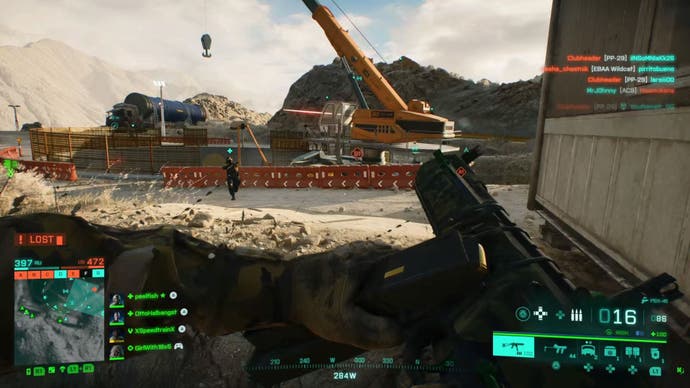
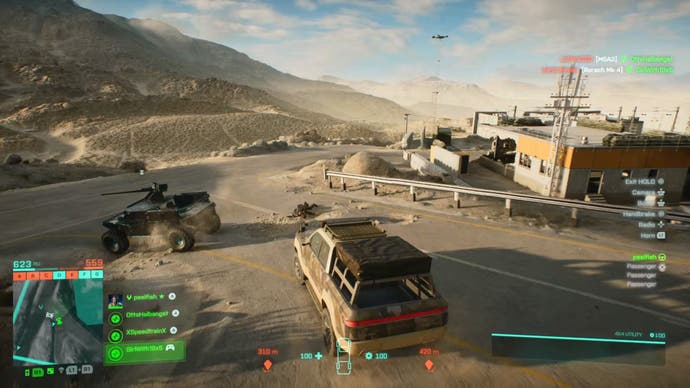
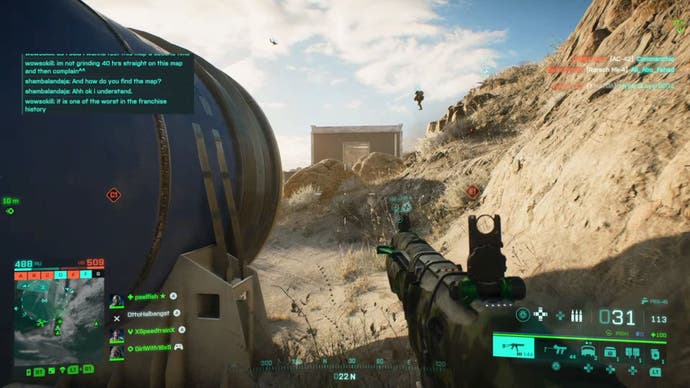
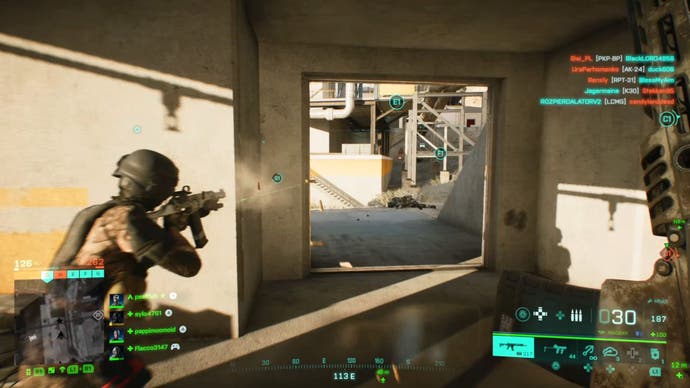
At first, it seemed naive to imagine that a game so fundamentally misconceived could be saved. Five months after launch, DICE was pointing to superficial additions like scoreboards as proof of its mission to improve Battlefield 2042 based on player feedback. It felt as if the developer was rearranging the deck chairs on a totalled Super Hind.
Yet behind the scenes, the studio was desperately ripping up the game's foundations and laying them anew. A dedicated team within DICE spent more than a year picking up the pieces of its broken class system and gluing them back together, before presenting the results of its labour in the live game last month. Not since Ghost Recon Breakpoint, which was a looter-shooter and then not, or Fallout 76, which abandoned NPCs and then embraced them, has a triple-A developer overturned its basic design tenets so completely. And against the odds, it's actually worked.
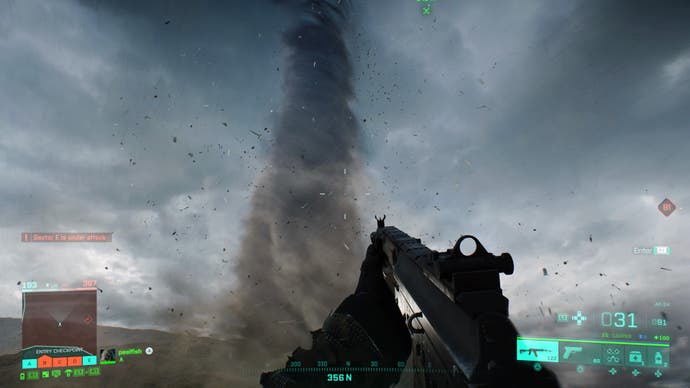
Many of the playable Specialists - characters with their own voice lines and unique perks - were already best used in a particular position on the field, but now that role has been made explicit. Each has been assigned a formal class: Assault, Engineer, Support or Recon. Moreover, certain weapons and gadgets have been divvied up between those groups, such that only engineers can fire rocket launchers, and every class has a proficiency in a particular type of weapon. As a result, Recon Specialists can snipe with a constantly steady scope, and frontline Assault troopers get to draw on three extra magazines for their machine guns.
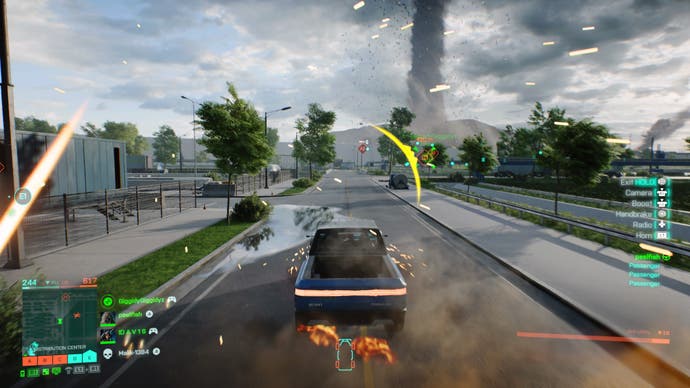
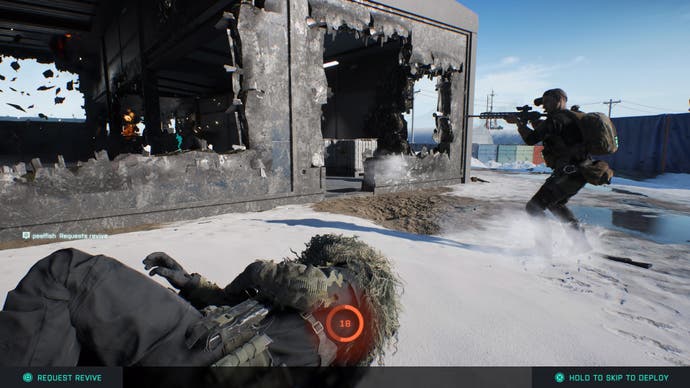
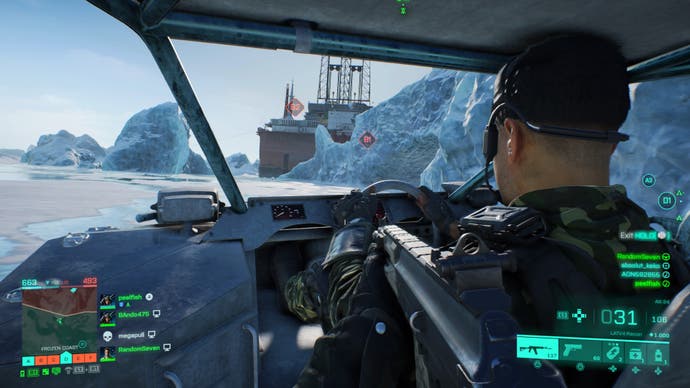
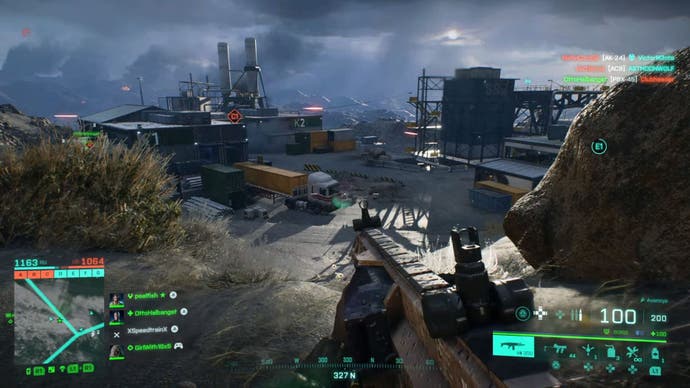
In practice, these tweaks have utterly changed the way Battlefield 2042 is played. Previously, you were very likely to stick to the sole Specialist you'd invested most of your time in, having min-maxed their gear over dozens of levels of unlocks. Now, by contrast, you're incentivised to react to changing events on the ground. Compound torn apart by tanks? Respawn as an Engineer and undermine the enemy convoy with rockets or mines. Team losing reinforcement points at an alarming rate? Come back as a medic and help staunch the bleeding.
For an average-to-poor Battlefield player like yours truly, the shift is revelatory. A death is no longer simply a cause for frustration, but a prompt to figure out where you might better serve your side. Some will pick a favourite class and stick with it, naturally - but the potential is there to be a tactical chameleon, changing uniform according to the needs of your teammates. A wise choice can reverse the tide, and allow you access to that quintessential Battlefield experience: holding out on the objective. There's still nothing like cupping your hands around that dying flame, protecting it from the harsh winds of enemy bombardment until the cavalry arrives.
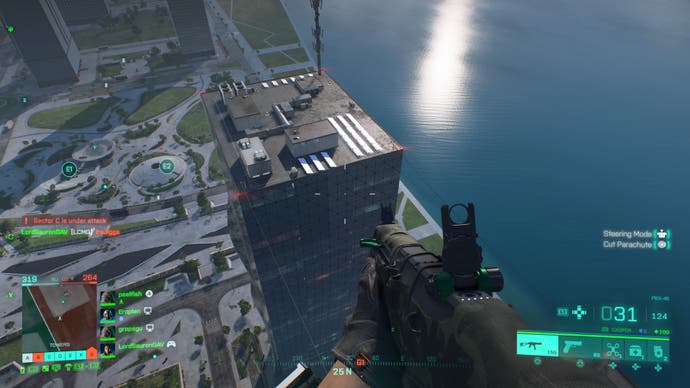
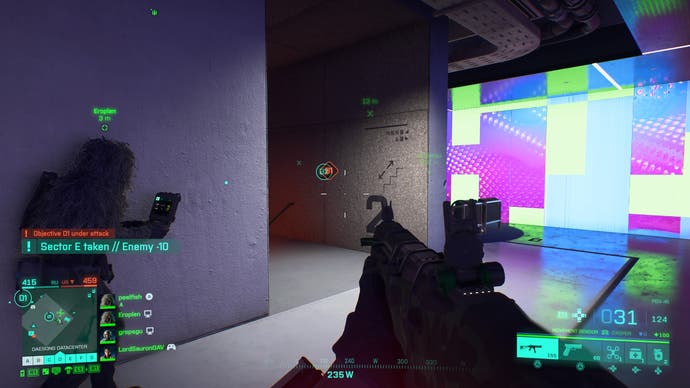
It's not a full return to the rock-paper-scissors class archetypes of Battlefield 1942, and problems remain. DICE believes enemy classes are now readable at a glance, for instance, whereas I can only really distinguish the Recon players, thanks to the ultralight beam of their sniper scopes. In fact, soldiers are still an indistinct mishmash to look at, especially from a hundred paces. Yet within this new context, the maligned Specialist system suddenly feels like a virtue - enabling deep customisation over tens of hours without breaking the crucial structure that keeps Battlefield functional.
Today, it seems as if DICE's urge to mimic Call of Duty is being funnelled in more sensible directions. The newly released Season 4 map, Flashpoint, features an indoor, deathmatch-inspired control point you could easily transpose into Modern Warfare II. And a new single-player team within DICE is backing up Halo co-creator Marcus Lehto, who has set up a studio in Seattle to work on solo campaigns for Battlefield. Finally, it seems, EA has realised the folly of neglecting story in its flagship FPS series.
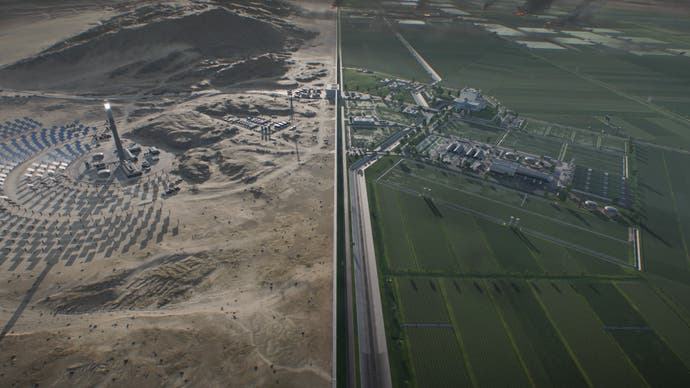
If Lehto can leverage the emergent vehicular chaos of Halo to make the best of Battlefield's toybox, there's no reason the series can't challenge COD once again in the department of story-driven thrills. Perhaps more importantly, a strong campaign could sell Battlefield's universe as coherent fiction to a disinterested public. 2042 has a fascinating backdrop of climate disaster and anti-nationalist feeling that's only muddled by the frantic pace of multiplayer.
It may be too late for Battlefield 2042 itself, however. Though you'll never struggle to find a match of Conquest, this game remains a live forum for complaints - a shooter in which the text box in the top-left corner regularly overflows with frustrated debate about its issues. DICE has course-corrected in dramatic fashion, but it's likely the developer will have to wait for the next iteration to see its efforts rewarded.
This piece is part of our State of the Game series, where we check in on some of the biggest service games running to see how they're getting on. You can find plenty more pieces like it in our State of the Game hub.
